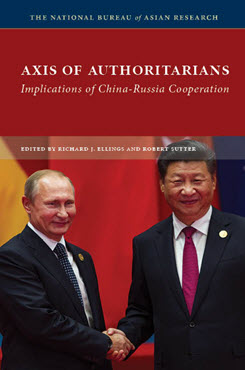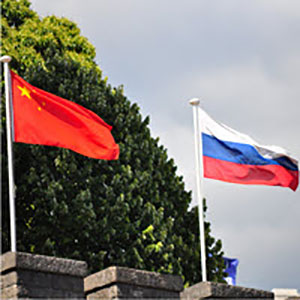Russian and Chinese Political Interference Activities and Influence Operations
This chapter examines Russia’s and China’s political interference and influence operations and assesses how the context, goals, and tactics of the two states’ operations differ in important ways.
EXECUTIVE SUMMARY
MAIN ARGUMENT
Russia derives its interference and influence operations from a highly personalist leadership and a position of national decline. As such, it seeks to lower other states to its level by weakening them internally. By contrast, China develops and implements its operations via a Leninist party apparatus and a position of growing strength. It seeks continued security and modernization and increasing influence on the world stage. Tactically, the two states’ operations diverge in their use of violence, the messaging of their propaganda, how they harness their respective diaspora communities, their use of cyberactivities, and the missions of their intelligence personnel and foreign agents. At present, there is insufficient evidence of Sino-Russian collaboration on influence or interference operations, though the two conduct similar operations in certain democratic countries—the cumulative effect of which is to weaken local institutions and governments irrespective of bilateral coordination.
POLICY IMPLICATIONS
- Investing time and institutional resources into building knowledge about the Kremlin and the Chinese Communist Party, developing requisite language capabilities, and understanding the tactics each regime uses to achieve success in its influence operations are all necessary aspects of dealing effectively with Russia and China for the foreseeable future.
- The scale, sophistication, and ideational motives of Russian and Chinese interference and influence operations can only be effectively countered by a community of common values that shares expertise and intelligence and works together to cultivate better strategies and countermeasures.
- Even though evidence of Sino-Russian coordinated or collaborative political influence is limited, the U.S. and its allies and partners should work to counter the cumulative effect of Russian and Chinese efforts to weaken their institutions.
Peter Mattis is a Research Fellow in China Studies at the Victims of Communism Memorial Foundation and a contributing editor at War on the Rocks.
The author would like to thank Lizzy Leary for her research assistance.



